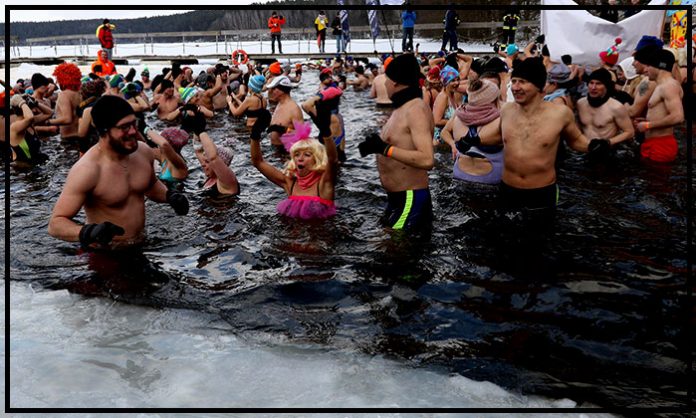
We will have our own share of reservations if we were to see a naked man sitting on glacier in ice cold wintry season. But let us tell you that you can control your body temperature in frigid cold through sheer will power. There are people who say exercising in the cold makes you healthier. We may want to uncloak such people as hoax but upon learning the methodology- combination of breathing exercises, meditation and immersion in icy cold water- you will become a believer. Even you can do it. Meditate on a bank of a snowy river in freezing winter and you can melt the snow around you with your body temperature.
Carney, a Colorado based journalist did it and he penned down his experiences in a book titled “What doesn’t kill us” which got released in 2017. Carney says that humans have dealt with cold temperatures for much of their evolution. Chill actually activates muscles and tissues in a good way. Carney adds that to keep healthy there must be constant variation. But how is it related to the way we exercise? Are we trying to say that instead of hitting the treadmill in a gym, it is better to jog in the cold? And what about jumping in an icy cold ocean for a swim?
Burning Extra Calories
Some of the alleged benefits of cold are linked with brown fat which is also known as good fat. It has been in existence in human infants for a long time and is known to burn calories and generate heat.
Dr. C. Ronal Kahn [1], researcher at Harvard Medical school was the first to document the presence of brown fat in adults in the early 2000s. The levels of brown fat increase when the surroundings are mildly cold, says Kahn. However the impact on the amount of calories burnt is comparatively small. Kahn says that normally a person would burn extra 100-200 calories in a day when brown fat is activated, says Kahn. And if you gulp half a muffin, then just forget it. And 100-200 calories is on the higher side which happens if you are in the cold all day long. Most people would be in cold only for short duration of time. When you stimulate brown fat, it remains so for some hours and not permanently.
Kahn says that only small degree of cold is required to activate brown fat. If you are in a room with 60-62 degree Fahrenheit and your clothing is light, it is just sufficient. Another way through which people burn calories when they are cold is by shivering. But this strategy is not suggested as shivering only makes us miserable. Kahn says that this is how you burn the extra energy. But there is no evidence to prove that this is a good way to lose weight since it is discomforting.
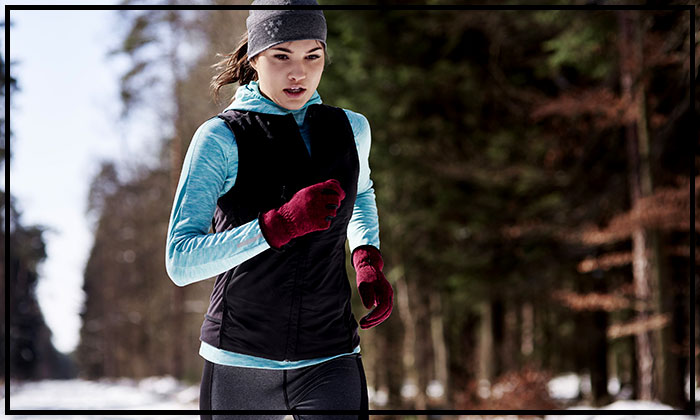
John Castellani, researcher with the U.S. Army Research Institute of Environmental Medicine says that people warm up before exercising. Now that you must feel cold to burn the extra calories, people exercising outside might not be burning any extra calories as compared to those who are in a warm room.
Exercising the Blood Vessels
A downside to getting exposed to extreme cold is vasoconstriction [2]. When you get exposed to too much cold, there is contraction of the muscles surrounding the blood vessels- transporting more blood to the core where it can stay warm.
Carney says that in modern times we live in temperature controlled environments. Exercising the muscles through cold exposure has a big impact on arterial health and circulation. Castellani says that it is interesting but still more research needs to be done in this regard.
Further Dr Aaron Cypess [3] , researcher at NIH, says that vascoconstriction that happens as a result of cold could have negative consequences for many like spike in blood pressure. And that’s actually a bad thing.
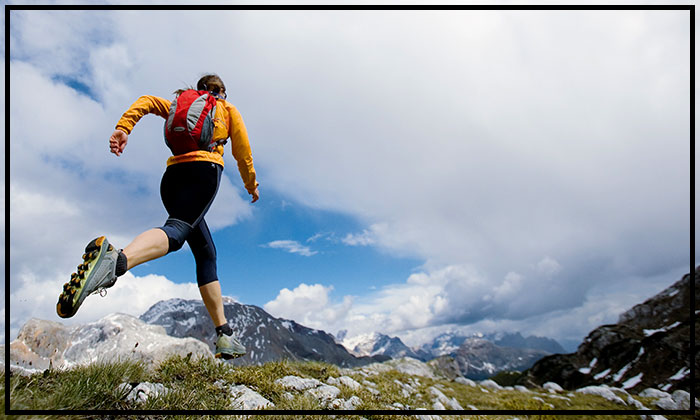
Training the Immune System
Some people even claim that they could control the immune system consciously. This claim drew the attention of a researcher named Matthijs Kox. He and his team put the claim to test. They injected the person with a solution containing E.Coli bacteria. Since the bacteria were not living so it wouldn’t make the person sick. But in majority of the cases, the body would be fooled into believing that it is being attacked, resulting in a temporary response in the form of inflammation and fever. If the person could suppress the immune system there would be no such effect of the injection. Kox says that the body of the person did not exhibit any such symptoms and it was indeed remarkable. Kox followed it up on individuals who were trained. And even these people who had recieved training showed no reaction to the injection. On the other hand, the untrained counterparts had headaches, fever and chills. These results were published [4] in the Proceedings of the National Academy of Sciences.
So it is possible to supress the immune system but it may seem counterproductive to a lot of us. That’s becasue nobody would want to feel sick. Carney feels that this supression of immune system could be beneficial for patients with autoimmune disorders like rheumatoid arthritis that is related to the immune system of the body attacking itself. If people could suppress their immune system, they could probably relieve themselves of many of these diseases.
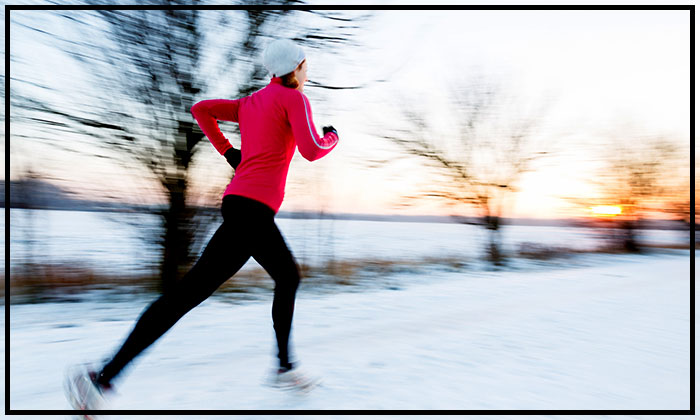
Kox says that this will make a treatment strategy someday. Subject to testing, we can say that this would be beneficial in situations with an overactive immune system response. But more research needs to be done to know if it is actually beneficial.
But which aspect of the training resulted in these outcomes? Was it the exposure to cold, breathing part or the medidation? We cannot ascertain this but they are supervising an experiment to find it out. This will be published in the coming years. Till that time, this strategy of cold exposure to treat auto immune conditions remains unproven, although promising.
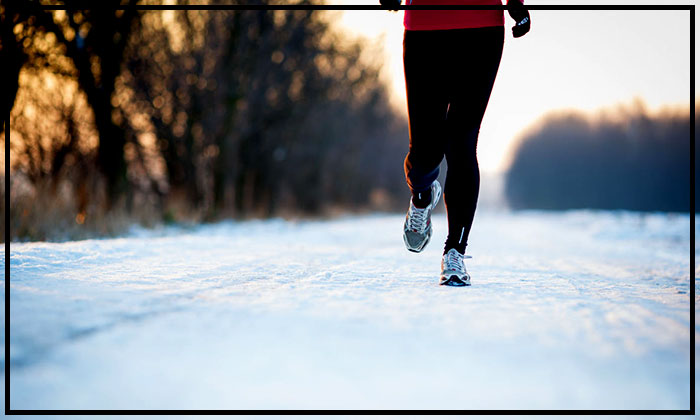
Conclusion
There is not enough evidence that training in cold makes you healthier or that you can burn considerable amount of calories. Cypess says that we cannot simply dismiss the findings regarding the benefits. And till the time it gets proved he wouldn’t suggest it s a therapy. Important is that a person must exercise and there is no proven benefit to exercising in the cold.




